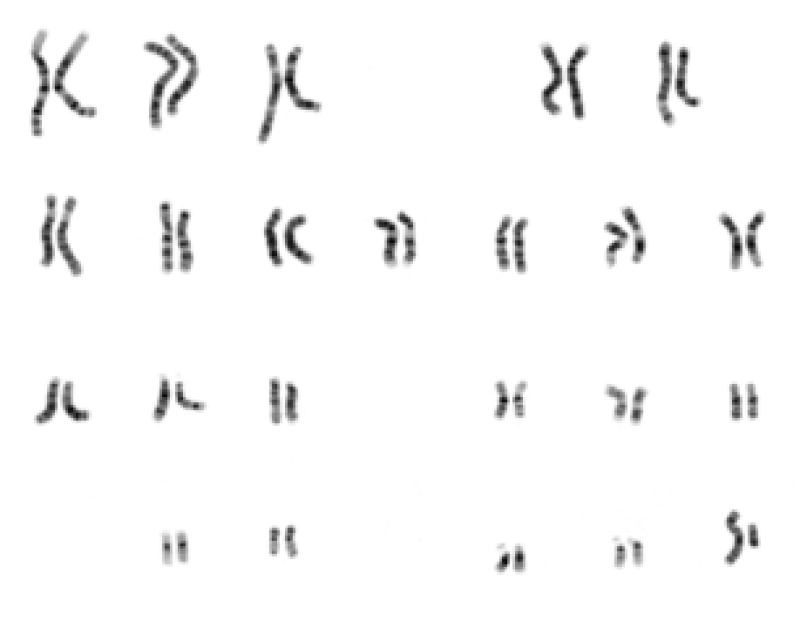“Genetic exceptionalism is the belief that genetic information is special and deserving of greater considerations of consent to and privacy of sequencing and analysis than any other form of medical data,” said Philippa Brice, at the Britain-based bioethical think tank, the Foundation for Genomics and Population Health, “In fact, genetic information is for the large part much more innocuous than other forms of personal medical data.”
Correct.
The plain fact is that as genetic testing gets cheaper and more widely available people will become more comfortable with what it does and does not reveal. Consent will often be beside the point.
Read the full article here: The Royal Baby and Genetic Privacy
Additional Resources:
- Project: Genetic Privacy Manual
The Council for Responsible Genetics, an organization concerned with the social, ethical and environmental implications of genetic technologies, created this interactive primer on genetic privacy. - “Q&A: Everyone Has Two Family Trees – A Genealogical Tree and a Genetic Tree” The Genetic Genealogist
Not everyone in your family tree contributed to your DNA, and the DNA test results of your relatives might not reveal as much about you as you think.































